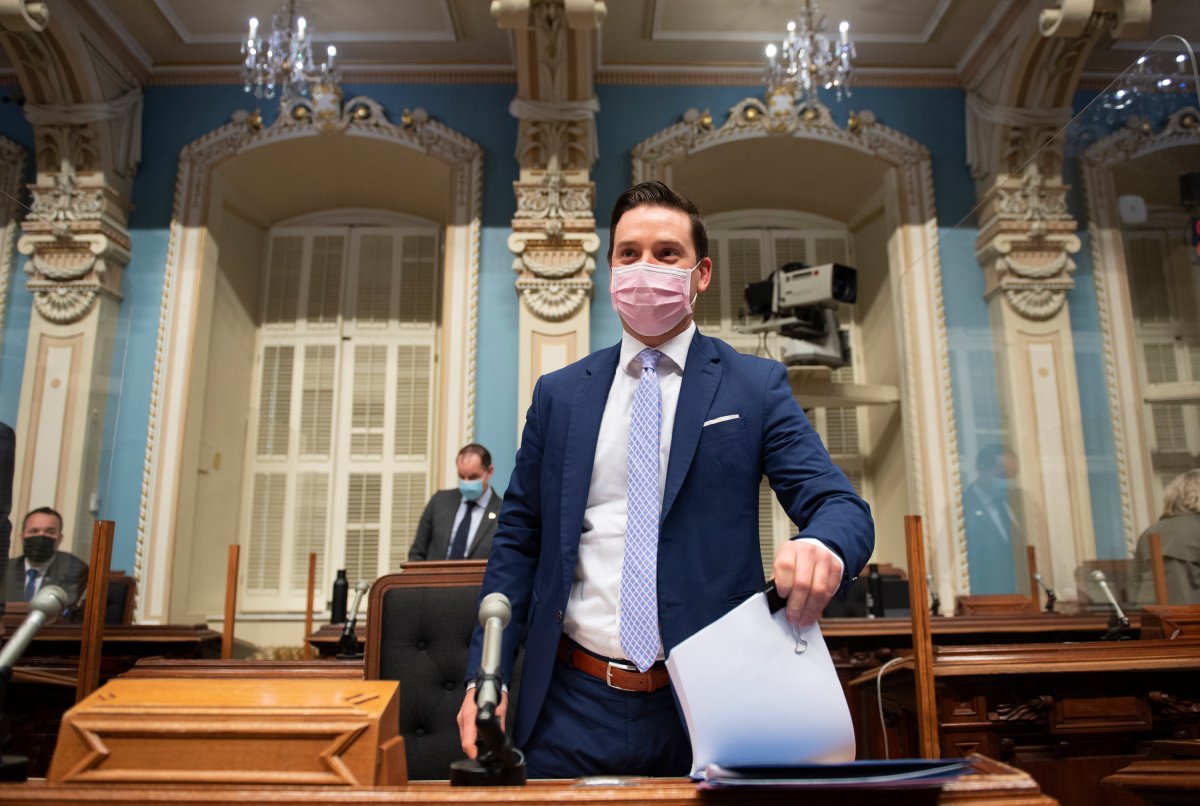The Quebec English School Board Association (QESBA) is expressing dismay after being excluded from the parliamentary committee hearings into the province’s recently tabled language reform law despite a written request to participate.

“It just is inconceivable that the association that represents really the last institutions that are exclusively controlled and managed by the English-speaking community are excluded from those hearings,” said Russell Copeman, QESBA executive director.
Bill 96, an Act respecting French, the official and common language of Québec, was tabled at the National Assembly in mid-May by Simon-Jolin Barrette, the minister responsible for the French language.
The proposed legislation is clad with extensive measures to strengthen and protect the role of the French language in the province, some of which will have a direct impact on school boards according to QESBA.
One provision the association is concerned about is limiting the length of temporary certificates for foreign nationals to have their children study in English.
“Currently, if you’re here temporarily, if you’ve been recruited by a company, if you’ve been recruited by university to teach or any other, you know, any other organization and you don’t qualify for English instruction, if you’re here on a temporary certificate work permit, your children can go to English schools,” Copeman explained, adding there is no time limit as long as the person is in the country temporarily.
Under Bill 96, the exemption would be limited to three years.
“We feel that that’s going to have an impact potentially on the recruitment of foreign nationals who come from English-speaking countries who currently benefit from that temporary exemption,” Copeman said.
The second issue affecting school boards is the language of communication.
QESBA represents the province’s nine English language school boards, which encompass 100,000 students in 340 elementary, high schools, and adult and vocational centres across the province.
While Copeman said communications with the government are already conducted in French, there is worry the new bill might also require school boards to communicate with various associations in French.
“It’s likely … that school boards would have to write to their parents committees in French, they would have to write to their unions in French, which doesn’t make a whole lot of sense given that we’re in an English education network,” he said.
Other concerns raised by QESBA affect the English-speaking community at large, and are issues that have been raised by other groups as well, such as the Quebec Community Groups Network. (QCGN)
“We’re also very concerned, of course, about the blanket use of the notwithstanding clause and the unilateral amendment to the Constitution that says that French is the only official language of Quebec,” Copeman said.
QESBA said it is still hoping to have its voice heard and has sent a second request to Jolin-Barrette, as well the parliamentary committee.
The QCGN, which advocates on behalf of the English-speaking minority, is slated to appear at the parliamentary hearings on Sept. 28, 2021.
— With files from Kalina Laframboise








Comments